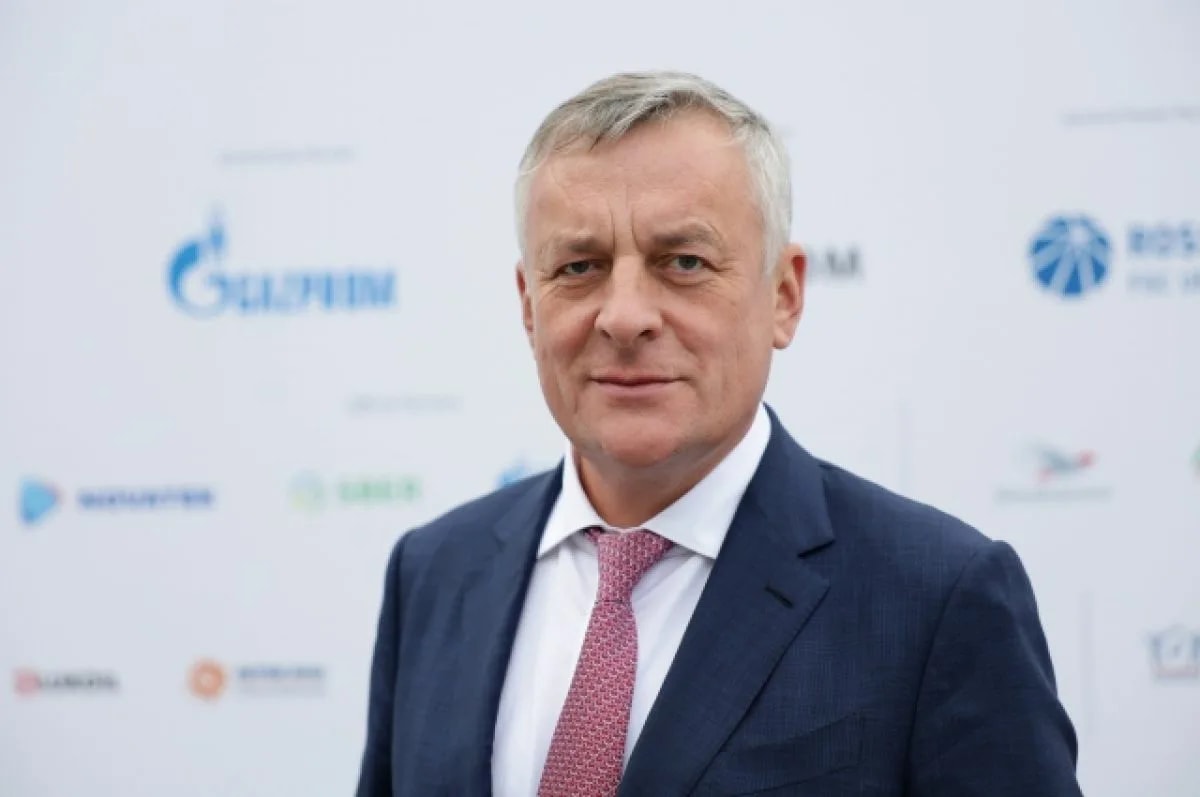Artificial Intelligence Enters Russia’s Gas Industry
A landmark agreement between Gazprom Mezhregiongaz Saint Petersburg and Sberbank’s Northwestern Branch marks a new phase in the digital transformation of Russia’s gas sector. The project aims to deploy artificial intelligence to forecast gas consumption, detect anomalies, and enable remote equipment monitoring — setting a precedent for the modernization of critical energy infrastructure.

AI as a Driver of Efficiency
This initiative is not a localized experiment but part of a nationwide trend bringing advanced IT technologies to traditionally conservative infrastructure industries. Developed by Sber Business Soft, the AI model predicts daily gas consumption with an accuracy of up to 98%, outperforming conventional statistical methods by 37%.
he system analyzes meter readings, network pressure, temperature data, and even weather conditions. Any discrepancy between forecasted and actual consumption may indicate a potential leak, allowing operators to address issues before they escalate. This approach not only minimizes commercial losses but also strengthens the reliability and safety of gas supply for millions of consumers.

From Pipelines to Households
Following the success of the Saint Petersburg pilot, Gazprom Mezhregiongaz plans to expand AI-powered systems across other Russian regions and CIS countries.
CEO Sergey Gustov has announced a “super project” to equip households with smart gas meters — 16 million devices are to be installed by 2035. The scale of the initiative will require addressing complex challenges, including cybersecurity and integration with legacy equipment.
AI and Smart Systems in the Energy Sector
Russia already has experience deploying similar technologies in the electricity and nuclear sectors. In 2022, power grid operator Rosseti launched the PAUK system, automating data collection from 500,000 metering devices and processing over 2 million readings each month. In the nuclear industry, machine vision technologies deployed at the Kola and Leningrad nuclear plants track up to 26 types of safety violations — reducing their frequency tenfold. These cases demonstrate that intelligent control and monitoring systems are not theoretical concepts but practical, scalable tools.
Gazprom and its subsidiaries are taking similar steps. In 2024, Gazprom Mezhregiongaz Saint Petersburg began installing smart metering devices. During the first stage, 151 meters were installed free of charge across the city.

The second stage will deploy over 200 smart meters in the Polyana-2 suburban cooperative in the Leningrad Region, followed by installation in more than 400 public institutions. The company is also partnering with telecom operator MegaFon to develop national-level data transmission solutions. A pilot project has already launched in the Vologda Region, testing more than 300 smart gas meters.
Building the Legal Foundation for Digital Transformation
At a June 2025 meeting of the State Duma Energy Committee in Nizhny Novgorod, lawmakers discussed key parameters and expected outcomes of the national transition to intelligent gas metering systems, emphasizing the need for a regulatory framework to support this effort. The total cost of the program is estimated at about $6.77 billion. Over the next decade, approximately 25 million gas meters will be installed or replaced nationwide.

The project is expected to generate positive spillover effects for related industries. The expansion of smart meter production could increase tax revenues by around $2.96 billion between 2025 and 2036, while creating roughly 15,000 new jobs. The collaboration between the gas utility and the financial sector exemplifies the synergy between infrastructure and technology — signaling that digital transformation in utilities and energy is moving from pilot projects to full-scale implementation.










































